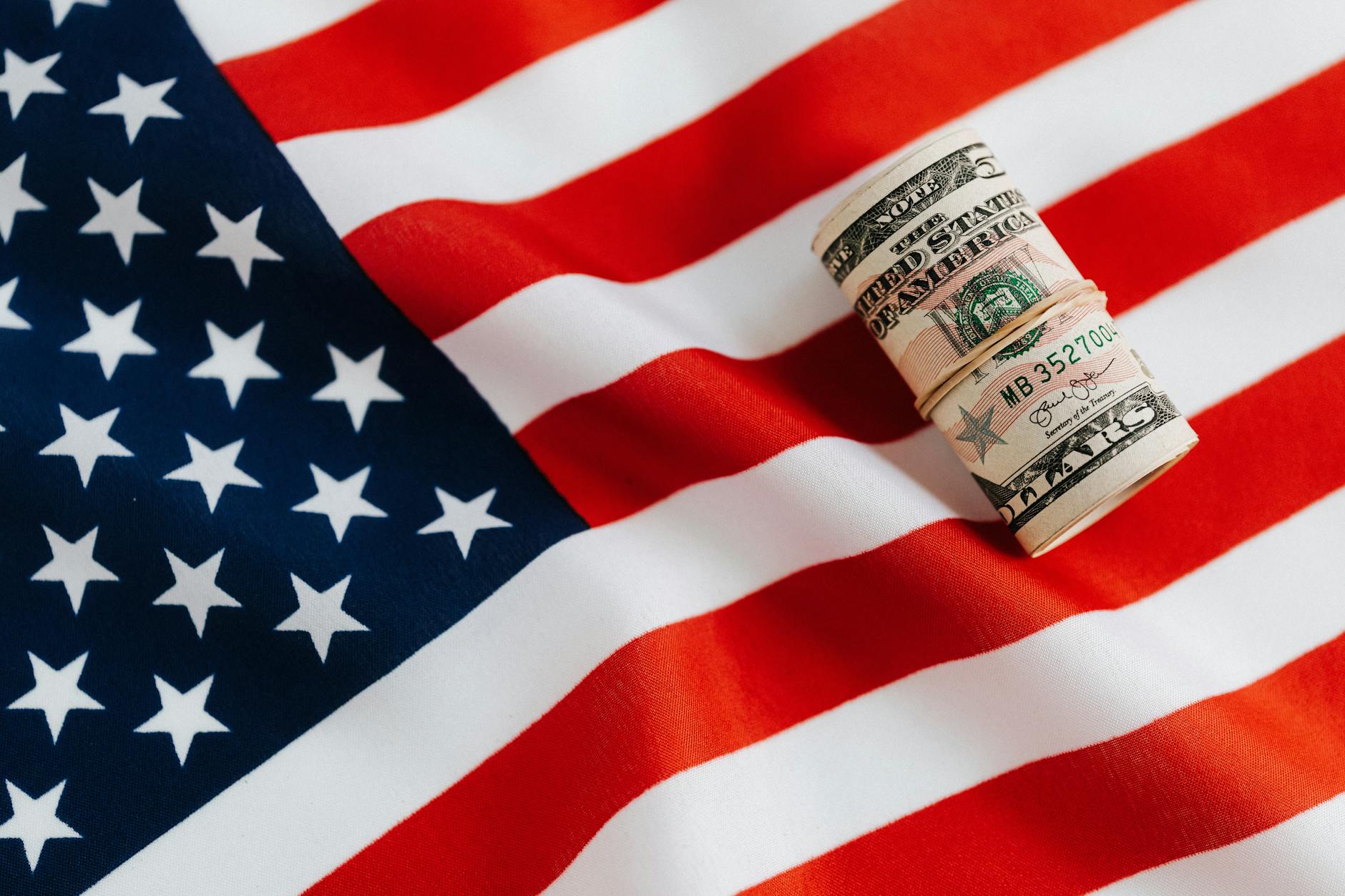Why Korea’s Wealth Fund Sticks With US Treasuries—Even When Markets Get Wild
Let’s talk about money—specifically, South Korea’s $206 billion rainy-day fund and why it’s still betting big on US government debt. While everyone else seems to be jumping ship or at least looking at other options, Korea’s Korea Investment Corporation (KIC) is holding steady. And honestly? There’s some solid reasoning behind it.
1. The KIC: Korea’s Financial Safety Net
1.1 What Exactly is the KIC?
So back in 2005, South Korea decided they needed a smarter way to handle their foreign cash reserves. Enter the KIC—basically the country’s piggy bank for global investments. With over $200 billion to play with, they’ve got to be careful but also make that money grow. US Treasuries? They’re like the bread and butter of their portfolio.
1.2 The Treasury Obsession Makes Sense
Here’s the thing—when markets go crazy, you want assets you can actually sell. Like, immediately. A buddy of mine who works at a Seoul investment firm put it best: “Treasuries are the only thing everyone will always buy from you, no questions asked.” That liquidity is everything when you’re managing national wealth.
2. Why Korea’s Not Joining the Anti-Dollar Party
2.1 The Dollar Still Rules (For Now)
Look, we all hear about countries trying to move away from the dollar. But let’s be real—60% of global reserves are still in greenbacks. The euro’s got issues, the yuan comes with… complications, and gold? Please. As one KIC insider told me off the record: “Is the dollar system perfect? No. Is there anything better? Also no.”
2.2 More Than Just Money
This isn’t just about finance—it’s about relationships. Korea and the US do $168 billion in trade annually, and guess what currency most of that uses? A former finance official explained it to me like this: “Ditching Treasuries would be like canceling your insurance policy right before a hurricane.” Not exactly smart diplomacy.
2.3 Playing the Long Game
Sure, Treasuries have had some rough patches lately. But the KIC isn’t some day trader panicking over every dip. Their portfolio’s spread out—about 25% bonds, 40% stocks, 20% in other stuff—so they can ride out the storms. One fund manager shrugged: “Market noise is just noise when you’re thinking in decades.”
3. The Whole “De-Dollarization” Debate
3.1 Everyone’s Talking About Alternatives
You’ve got BRICS nations, especially China, making a lot of noise about reducing dollar dependence. Beijing’s cut $500 billion from its US debt holdings since 2013. Even Europe’s flirting with using more euros. But here’s the catch—as a Brussels policy wonk admitted: “Nobody’s found anything as liquid as the dollar.”
3.2 Why Korea’s Not Buying the Hype
KIC’s approach? Cautious to a fault. A Seoul economist I spoke to put it bluntly: “Diversification sounds great in theory—until you desperately need cash and your ‘alternative’ assets can’t find buyers.” They learned that lesson the hard way during past financial crises.
4. The Good and Bad of Treasuries
4.1 The Risks Are Real
Let’s not kid ourselves—$34 trillion in US debt is terrifying. A New York trader warned me: “If yields keep climbing, bond prices will tank.” But the KIC seems to think the Fed will thread the needle—control inflation without completely wrecking Treasury values.
4.2 Why They Still Make Sense
Remember March 2020? When COVID hit and markets imploded? Everyone ran to Treasuries like they were the last lifeboat on the Titanic. That’s why they’re worth holding—even with lousy returns sometimes. As one advisor joked: “They’re the financial world’s panic room.”
5. What Investors Can Learn From This
5.1 Patience Pays Off
The KIC’s strategy isn’t sexy, but it works. A sovereign wealth expert told me: “Chasing every new trend is how small funds blow up.” Smaller countries without Korea’s resources might actually need Treasuries even more.
5.2 Where Do We Go From Here?
The dollar’s facing its biggest challenge in decades, no question. But Korea’s stance tells you something—they don’t see a viable alternative yet. Or as one internal KIC memo put it: “The world still wakes up with dollars and goes to bed with dollars. That dance isn’t ending anytime soon.”
Final Thoughts
At the end of the day, Korea’s massive bet on US debt shows that for all the de-dollarization talk, the greenback’s still king. Will that change? Maybe someday. But not today, and probably not tomorrow. What do you think—is the dollar’s reign permanent, or are we witnessing the beginning of the end? Drop your thoughts below—I’m curious to hear different takes on this.
Source: Livemint – Markets












